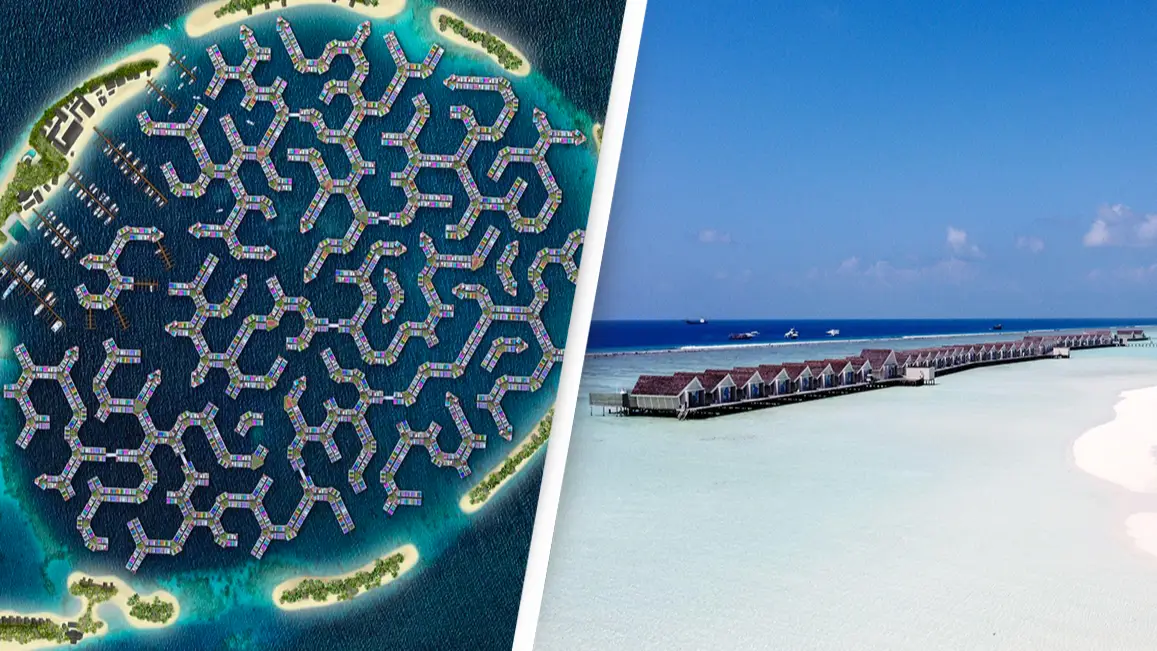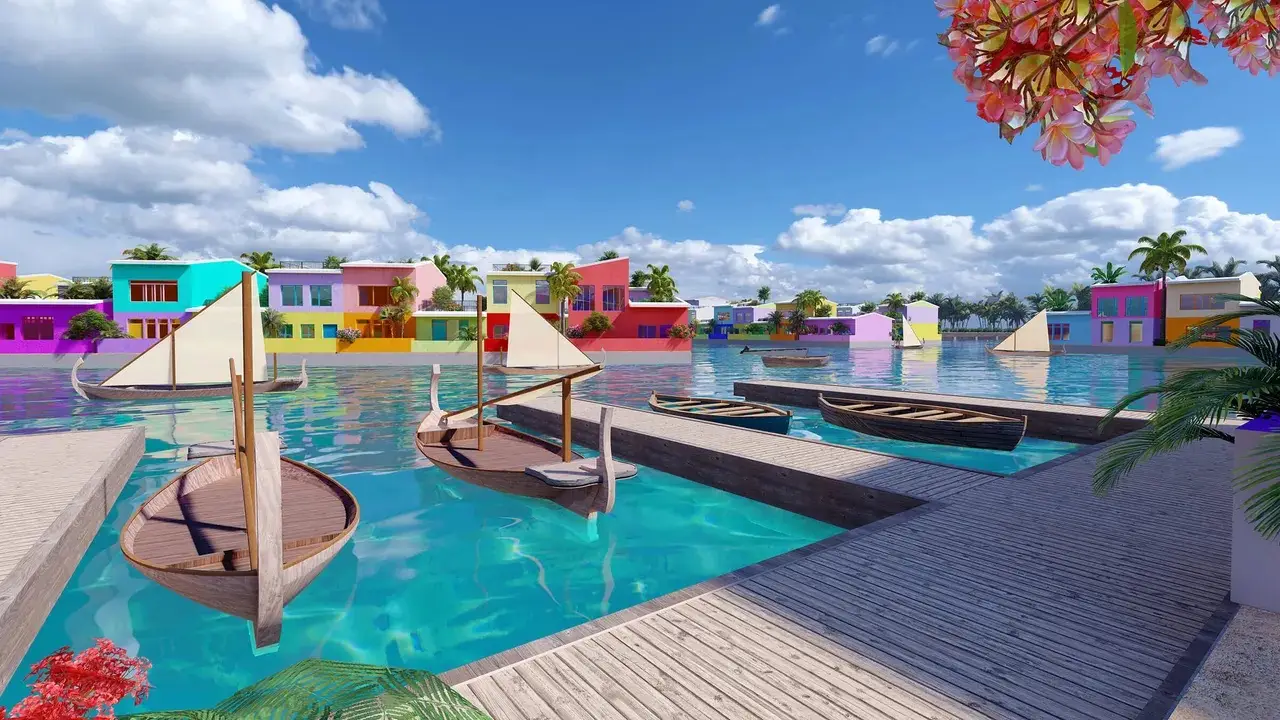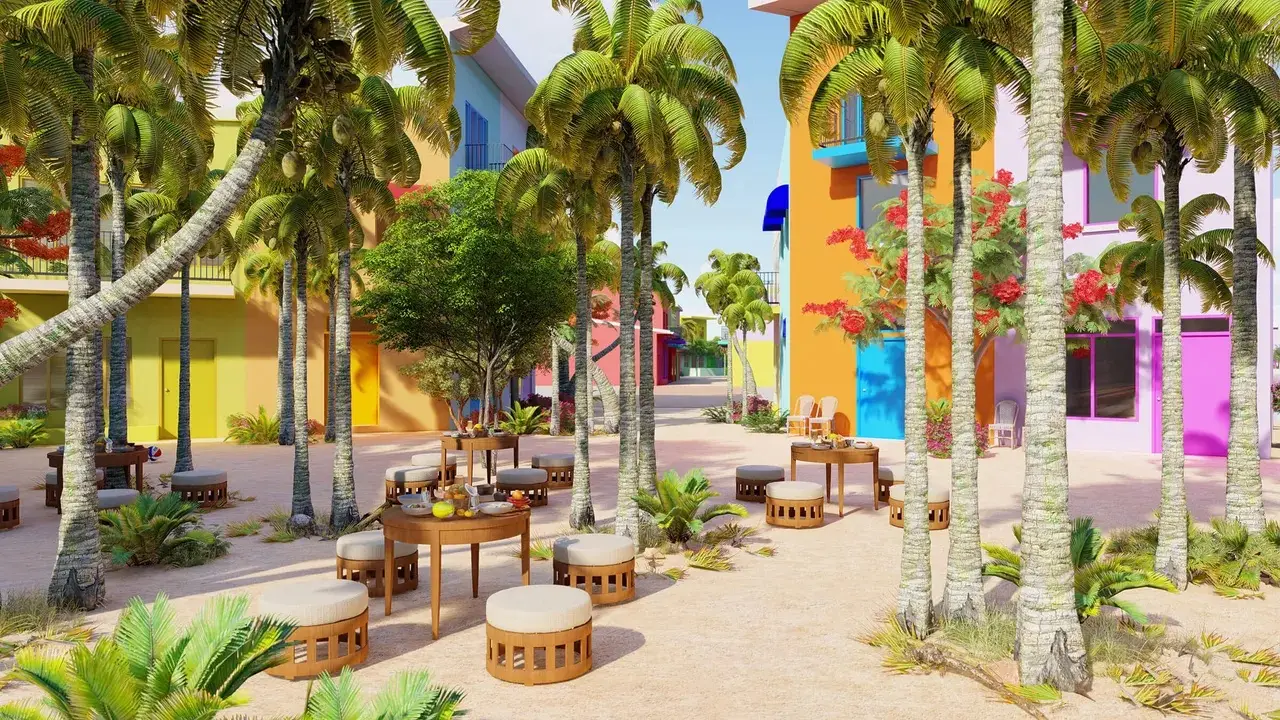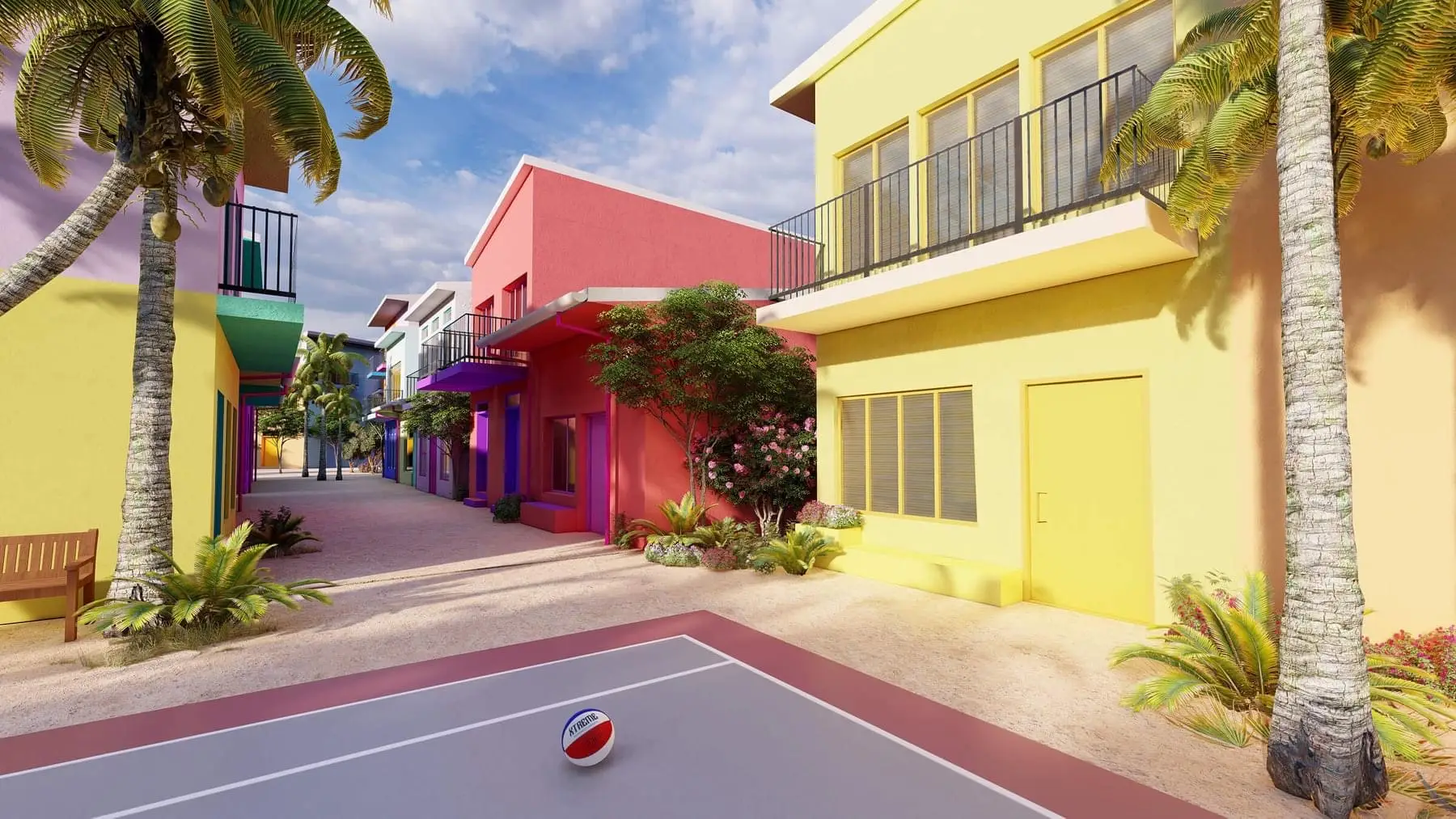
The world's first floating city is being built in the Maldives and is expected to be open for public viewing very soon.
The Maldives Floating city has even given the green light and will have 5000 housing units linked together and tethered to the floor of a 500 acre lagoon.
The floating city is considered to be a sustainable solution to rising sea levels that threaten the world's lowest lying nation. The city has also been deigned to preserve the natural ecosystem.
People who are wanting to visit can do so by taking a 15 minute boat ride from Malé, the nation's capital. The city will have plenty of hotels, houses, shops and restaurants.
No cars are allowed in the city, but visitors can get around on foot, bicycles, electrical buggies or by cruising the canals on boats.

International travellers will also have the option to obtain a residency permit if they purchase a house. The first housing block is currently under construction and will be transported to the lagoon and will be available for public viewing in August, to give people the chance to get a feel for the homes.
Construction for the city is expected to begin in January 2023 and will take around five years to complete.
The Maldives Floating City is a private-public partnership between Dutch Docklands and the island government. The project will rely on floating technology form the Netherlands which has a longstanding reputation for designing architecture to withstand floods.

Planning for the project involved the projection of sea-rise levels over a 100-year period, supply and waste management, surplus energy in the smart grid and consideration for how the shadows that its large structure would throw on the seabed that might hinder marine life.
According to the project website, the design of the city was inspired by a 'nature-based structure of roads and water canals resembling the beautiful and efficient way in which real brain coral is organised'.
The Maldives is one of the countries that is most exposed to threat of climate change - a shocking 80 percent of the country is at just one metre above sea level.
In 1988, Maldivian authorities claimed that the island would be completely submerged by 2018. Although this did not come to pass, the nation is still at imminent threat.

The Maldives depends heavily on tourists visiting the picture perfect paradise. The country suffered due to travel restrictions imposed by the Covid pandemic.
Last year, the island saw a return to almost pre-pandemic levels with over 1.3 million travellers arriving at the tropical paradise, compared to 1.7 million visitors in 2019.
Proposals for other floating cities have been raised, including one to be built in Busan, South Korea, which has been sponsored by the United Nations.
Featured Image Credit: Maldives Floating City/Facebook/ALAMY